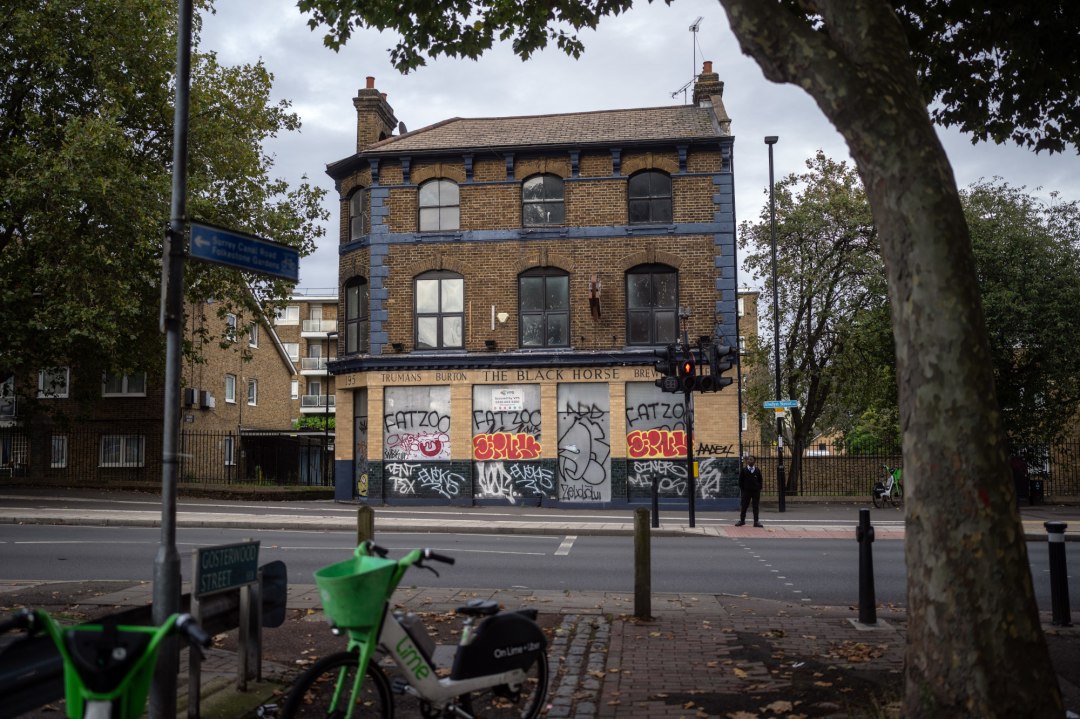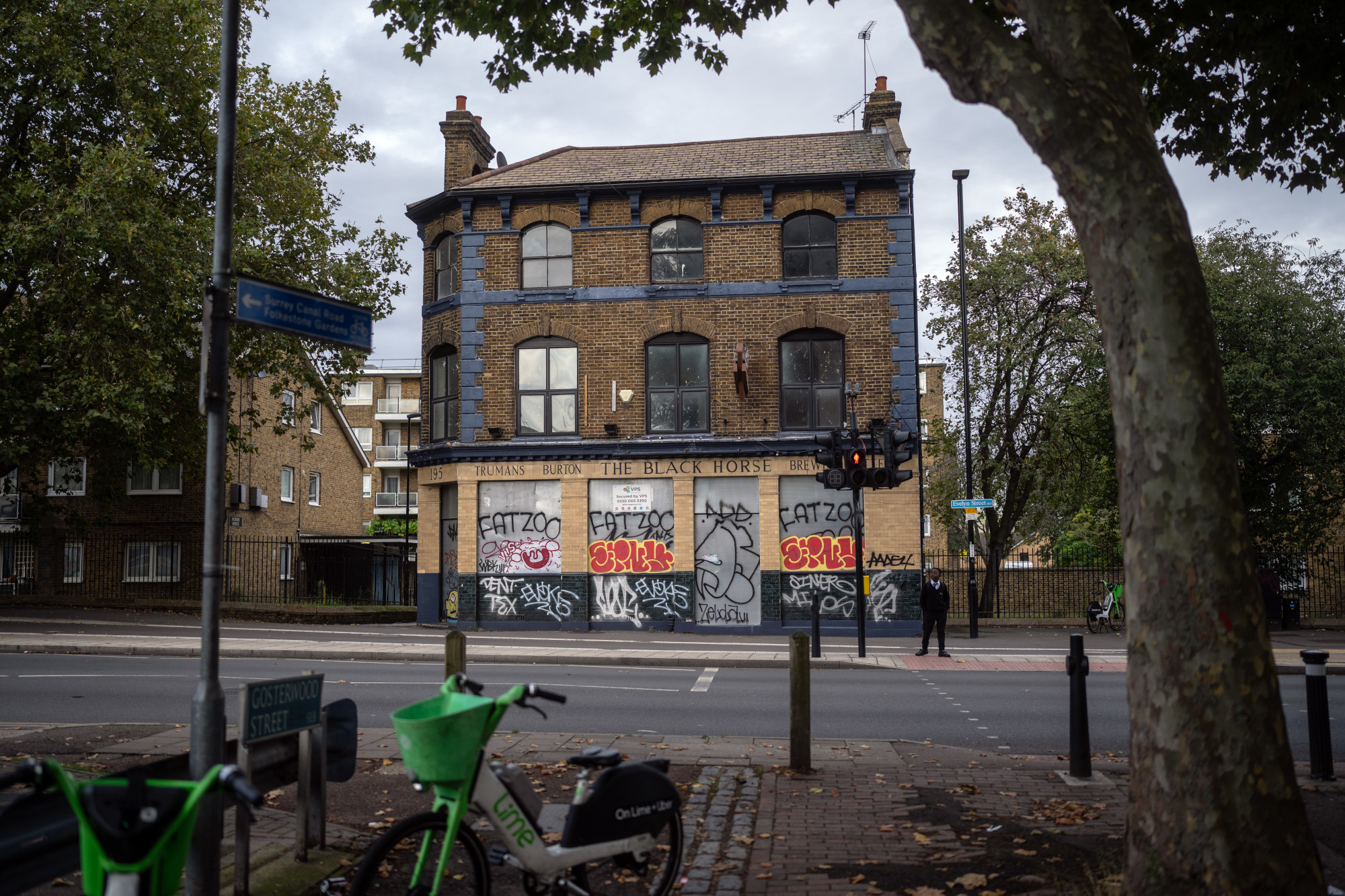It’s not unusual, after running a focus group, for a particular comment to stay with you for days. Ordinary people who aren’t hyper engaged in politics are often far better at capturing the state of the country than any political soundbites.
It was Clive, a crane driver from Dudley, who made one of those remarks recently. Having set out his excoriating views on the performance of the government to date, he moved on to explain what he thought was the real problem facing Britain: that we had never properly recovered from Covid. I probed him further on what he meant: the NHS, schools, debt? Instead, what he said was both more quotidian and far more profound. Clive explained that when it came to the construction sites he worked on, ‘Before Covid we all used to have lunch together, but since then we just sit in our cars and eat alone on our break.’
It was at this point the rest of the group chimed in, in agreement. Mike, a transport manager, followed Clive with ‘it’s true the social lives at work and the banter they’ve all gone.’ Linzi a bank worker who now often works from home said ‘Mentally it’s really affected me. Because you’re stuck in the house, and you don’t see people’. Gordon, a painter, told me it went beyond just work ‘I used to go in the pub and socialise, but after Covid I don’t, I’m less likely to talk to people now’. In fact, every member of the group had a way of explaining how their social lives had not just contracted during Covid, but they’d never really recovered from it.
Since then, every time I’ve asked about people’s social lives since the pandemic the same things come back – this isn’t some moral panic with people talking about how ‘other people’ have changed, instead people explain that they themselves have simply become more insular since Covid and most say that with regret. As admin worker Nicky put it ‘I miss the banter, you can’t have a laugh with colleagues in your breaktime now’.
It clearly didn’t help that we emerged from lockdown not to sunlit uplands but straight into a cost-of-living crisis. In focus group after focus group, I hear from people who feel they are ‘just living to work and working to live’, or that there’s ‘nothing left over at the end of the month for any of the fun things’. Someone in Runcorn recently half-joked that you practically need a mortgage just to go to the cinema these days. As the costs of essentials have increased, socialising has become an unnecessary luxury for many people.
And so, something quite profound has shifted in our country. In debates about lockdown, we rightly consider the impact on educational outcomes, the soaring debt payments, the undiagnosed medical conditions. Yet, we often overlook a quiet transformation that has taken place beneath the surface – the undeniable sense that we’ve turned inward, away from one another.
It’s not clear yet what the long-term impact of this transformation will be, but it’s hard to imagine it will be good. Increasing loneliness, a retreat from social spaces and the loss of in person working where we might meet people different to us – who broaden our horizons – hardly makes for a cohesive society. And goodness knows what it means for dating.
Meanwhile while adults may have stopped socialising, a generation of young people never got the chance to start. Last week in Peterborough, Ferzana, a school employment advisor, told me about kids for whom the pandemic interrupted the start of secondary school and who are still struggling to form friendships as a result. The Netflix drama Adolescence has rightly sparked an important debate about young men’s isolation and radicalisation, but absent from that debate seems to be any consideration of the fact that a whole generation of young people spent months with no chance to make friends in real life.
Recently, I caught up with a fellow focus grouper from another company. We compared notes and found that we’ve both been hearing more conspiracy theories come up in these conversations. While genuine extremist and conspiratorial thinking remains in the minority, I can’t help but wonder whether spending a greater amount of time alone and online means we no longer have those moments where we express somewhat whacky views to friends or family in the pub who tell us to ‘oh, come off it’.
Five years on from the start of lockdown the scars of the pandemic still coming into view, but as we think about rebuilding the NHS, tackling school truancy or cutting the deficit, I can’t help but wonder if we ought also be putting as much thought into how we get ourselves all back down to the pub too.








Comments